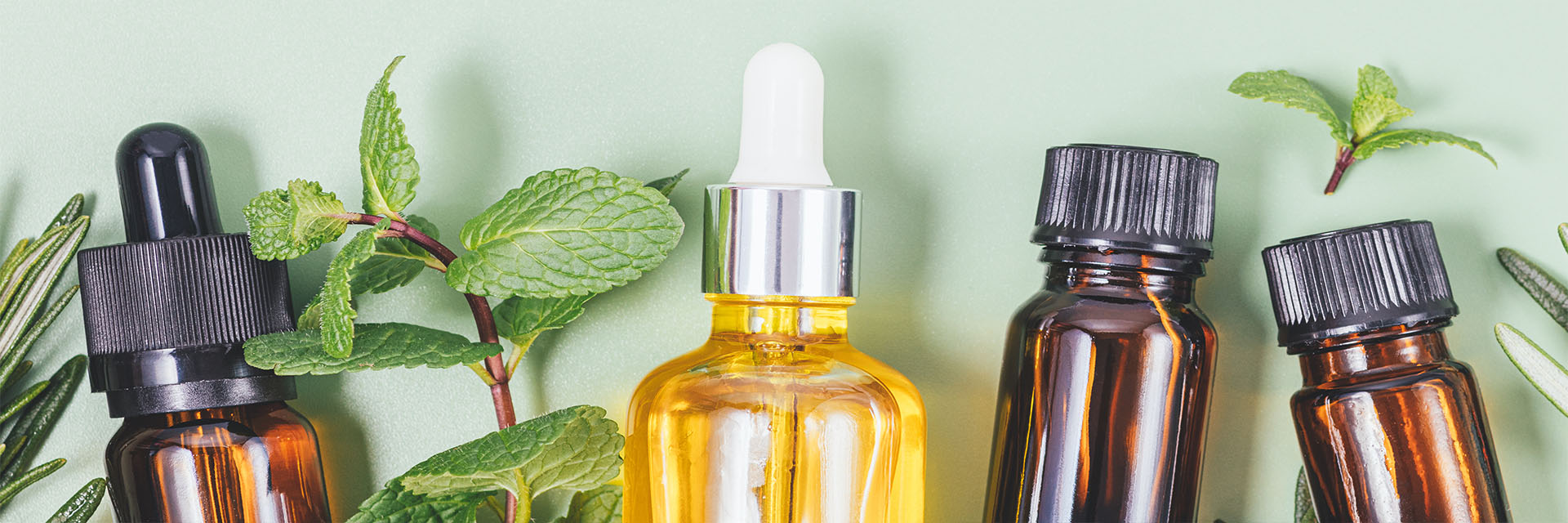There’s something comforting about walking into a room filled with the scent of lavender or eucalyptus. Aromatherapy is a popular way to create a relaxing environment, relieve stress, and even support sleep. But if you share your home with a dog or cat, it’s important to know that some essential oils — while helpful for you — can be harmful or even toxic to your four-legged companions.
Before you reach for that diffuser, take a moment to learn how to use essential oils safely around pets.
Are Essential Oils Dangerous for Pets?
They can be. Animals have a much stronger sense of smell than humans — dogs up to 100,000 times more powerful, and cats are not far behind. That means they’re more sensitive to airborne oils, even in small amounts. On top of that, their bodies process certain substances differently, especially phenols and terpenes, which are found in many essential oils.
If your pet inhales or ingests an oil that’s toxic to them — or if it absorbs through their skin — it could cause anything from mild irritation to a serious health emergency.
Essential Oils to Avoid Around Dogs and Cats
While each pet is unique, the following essential oils are generally considered unsafe for both dogs and cats:
- Tea tree (melaleuca)
- Eucalyptus
- Wintergreen
- Peppermint
- Cinnamon
- Pine
- Citrus oils (like lemon, orange, grapefruit)
- Ylang ylang
- Clove
- Sweet birch
- Oregano
- Thyme
- Sage
- Rosemary
- Camphor
- Nutmeg
For cats especially, even tiny exposures can be dangerous. Their livers lack certain enzymes needed to break down compounds in essential oils, so toxins can build up quickly in their systems.
Safer Essential Oils (Used Carefully)
Some essential oils may be considered safer for dogs (but still risky for cats) when used properly and in diluted forms:
- Lavender (in very small amounts, and never directly on the pet)
- Frankincense
- Chamomile
- Ginger
Even with these options, it’s best to consult your veterinarian before using any essential oils, especially if your pet has a medical condition, is pregnant, or is very young or old.
Tips for Using Essential Oils Safely Around Pets
If you use essential oils at home, here are a few simple steps to help protect your furry friends:
- Diffuse in well-ventilated areas. Always allow your pet to leave the room if the scent bothers them.
- Keep diffusers and oils out of reach. Never let your pet lick, chew, or come into contact with essential oil bottles or residue.
- Skip topical application. Don’t apply oils directly to your pet’s skin or fur unless your vet specifically recommends it.
- Watch your pet’s behavior. If they start acting differently after you’ve used oils, that may be a sign that something’s wrong.
- Store oils safely. Keep them sealed and stored in a secure place away from curious noses and paws.
Signs Your Pet May Be Reacting to Essential Oils
If your dog or cat is having a bad reaction to essential oils, you might notice symptoms like:
- Coughing or sneezing
- Drooling
- Vomiting or diarrhea
- Lethargy or weakness
- Muscle tremors
- Trouble breathing
- Redness or irritation around the mouth or paws
- Pawing at the face or rubbing against furniture
If you notice any of these signs, especially after using essential oils in your home, get your pet to fresh air right away and contact your veterinarian or an emergency animal clinic.
When in Doubt, Ask Your Vet
Your home should be a place of peace for both you and your pets. Essential oils can play a role in creating a calming atmosphere, but only when used with care. If you're ever unsure about whether a product is safe to use around your pet, talk to your vet first. It's always better to be safe than sorry.
And remember — what smells good to you might be overwhelming or harmful to your furry friend. With a few simple precautions, you can enjoy the benefits of aromatherapy while keeping your pets safe and healthy.
Sources:
- ASPCA Animal Poison Control Center: www.aspca.org/pet-care/animal-poison-control
- Pet Poison Helpline: www.petpoisonhelpline.com
- American Veterinary Medical Association (AVMA): www.avma.org

